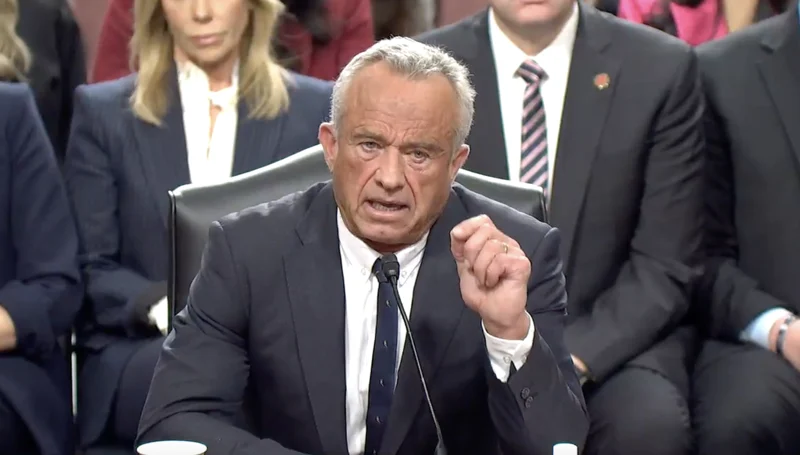The U.S. Department of Health and Human Services is taking new applications to conduct pilot programs in five different states focused on reducing federal assistance.
The Administration for Children and Families is spearheading the program with a focus on reducing state’s reliance on federally funded programs like Medicaid, the Supplemental Nutrition Assistance Program and Temporary Assistance for Needy Families.
“ACF is returning to the original intent of welfare reform to ensure our programs are laser-focused on delivering outcomes for families and results for taxpayers,” said Andrew Gradison, acting assistant secretary for ACF.
The pilot will focus on programs that encourage employment and “personal responsibility.”
“The pilot can play a pivotal role in the design of modern approaches to moving work-eligible individuals into the labor force, while providing critical ways to operationalize personal responsibility,” the request reads.
The Biden administration previously selected California, Maine, Kentucky, Minnesota and Ohio to test the pilot program.
In March, the Trump administration revoked agreements between the five states and is now rolling out applications for new states to apply. The administration left the option open for states that were already enrolled in the program to reapply.
“The Trump Administration determined the Biden TANF pilot did not reflect this administration’s goals and priorities as its metrics did not evaluate employment outcomes or dependency reduction rather than unverifiable and subjective metrics,” the announcement read.
The new program will run over the course of six years, with the first year dedicated to data collection and negotiating performance standards.
States will work in collaboration with the ACF to determine employment rates, median earnings, education rates, health status, insurance coverage, and prevalence of two-parent families in order to track goal progression.
The deadline for states to apply to the new program is August 15.






